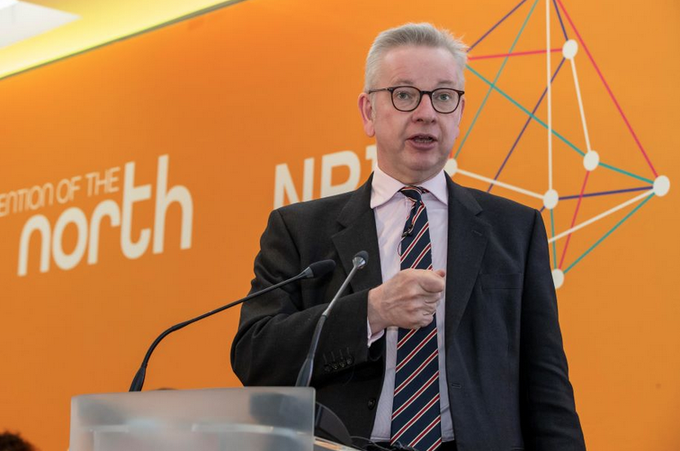Michael Gove and the Department for Levelling Up, Housing and Communities have returned £1.9 billion in funding to the Treasury because it failed to find ways of spending it. The money was to help tackle the housing crisis. The refund includes £255 million allocated to the construction of affordable housing and £240 toward housing safety improvements.
Department officials blamed rising interest rates and post-pandemic housing market volatility for its decision to return one-third of its housing budget. The figures emerged after a freedom of information request by local government expert Jack Shaw attested the government had faced “significant challenges investing in housing”.
Speaking to The Guardian, Shaw said:
“The decision to delay housing investment or withdraw it altogether due to lower than anticipated spending will mean fewer homes are built.”
Moving unspent funds into future years’ budgets would, according to Shaw, see its value dwindle in the face of inflation.
In response, a Department of Levelling Up, Housing, and Communities spokesperson said:
“We have a strong record on housebuilding – with more than 2 million homes delivered since 2010.
“Our target of delivering 300,000 homes per year remains, and we are fully committed to funding and delivering our programmes that help us meet that target, including the £11.5 billion Affordable Homes Programme.”
But the figures from Michael Gove’s department reveal that not only did the government hand back millions of pounds toward safety improvements and affordable housing construction, but it also returned £1.2 billion set for the Help to Buy Scheme.
Rising interest rates have already slowed UK construction rates. UK planning and development consultancy firm Lichfield criticised the Prime Minister for abandoning housing construction targets. A 77,000-drop in the number of constructions (down from the 300,00-target) the firm estimates will increase the number of ‘sofa surfers’ by over half a million.
As late as last October, Michael Gove publicly recommitted to the 300,000 target rejecting views expressed earlier by the then PM Liz Truss. He told the BBC that he was intent on building more homes for rent and purchase. But a few weeks later, Rishi Sunak abandoned compulsory housing construction targets to avert a backbench rebellion. The targets became ‘advisory’, leaving local councils free to fall short if they can prove that new developments would significantly compromise the character of an area.
Ahead of this morning’s meeting with mortgage brokers in Westminster, housing shadow secretary Lisa Nandy criticised the government for “giving up trying to solve the housing crisis that they helped create”.
Speaking to the Guardian, she said:
“Not content with slashing housebuilding by scrapping housing targets, stalling on renters’ reform or rowing back on their promises to leaseholders, ministers are either too incompetent or too out-of-touch to consider it a priority to fix dangerous buildings or build new affordable homes in the middle of a housing crisis.”
Plenty of spending ideas for Michael Gove from housing campaigners
Shortly after news of the spending shortfall emerged, homeless and housing campaign groups were quick off the mark in publishing spending suggestions.
1.2 million households are on social housing waiting lists, but Michael Gove is handing back £1.9 billion earmarked for tackling the housing crisis, due to 'struggling to find projects to spend it on'.
You couldn’t make it up.
We've got an idea: build more social housing.
— Breakthrough Party 🟠🌤️ (@BThroughParty) July 12, 2023
The Big Issue’s Liam Geraghty had some suggestions for Michael Gove:
- Build more social housing
- Deliver mortgage relief
- Allow housing providers and community groups to purchase houses from private owners by removing the acquisition cap
- Retrofit and improve safety
- Raise the housing allowance
Community Union Acorn tweeted a thread furnishing calculations and spending ideas, including:
- Construct 14,000 energy-efficient homes
- Upgrade some of the 19 million homes that need new insulation
- Clear local authority house repair backlogs
As of yet, little attention has been focused on a potential spend on tackling homelessness.
March 2023 Office for National Statistics figures counted over 3,000 sleeping rough across England, with 278,110 households either at risk of homelessness or already homeless from April 2021 to March 2022.




